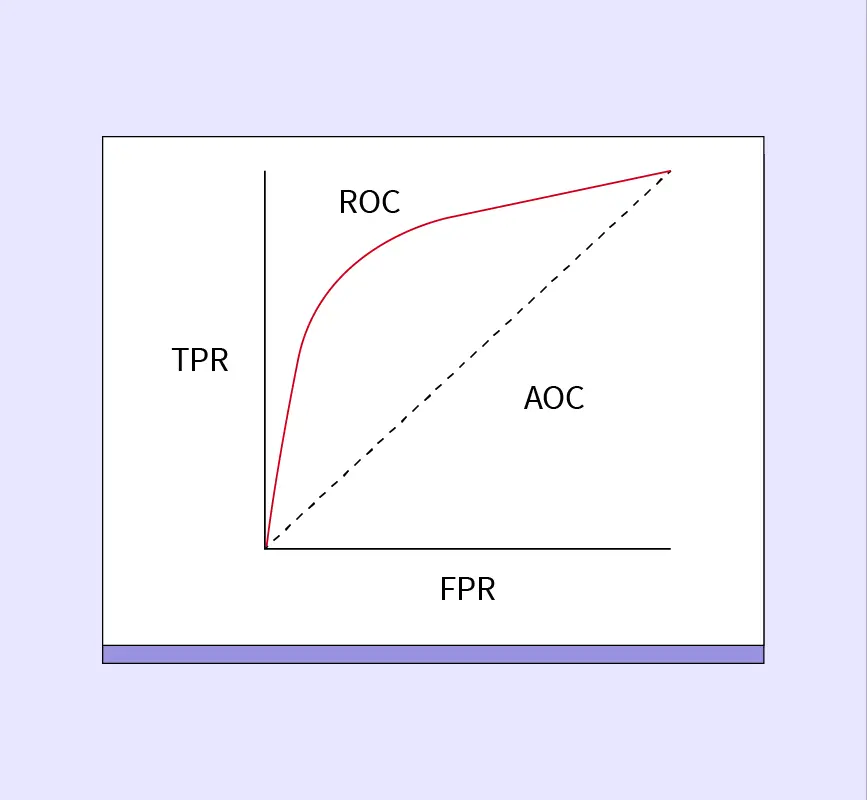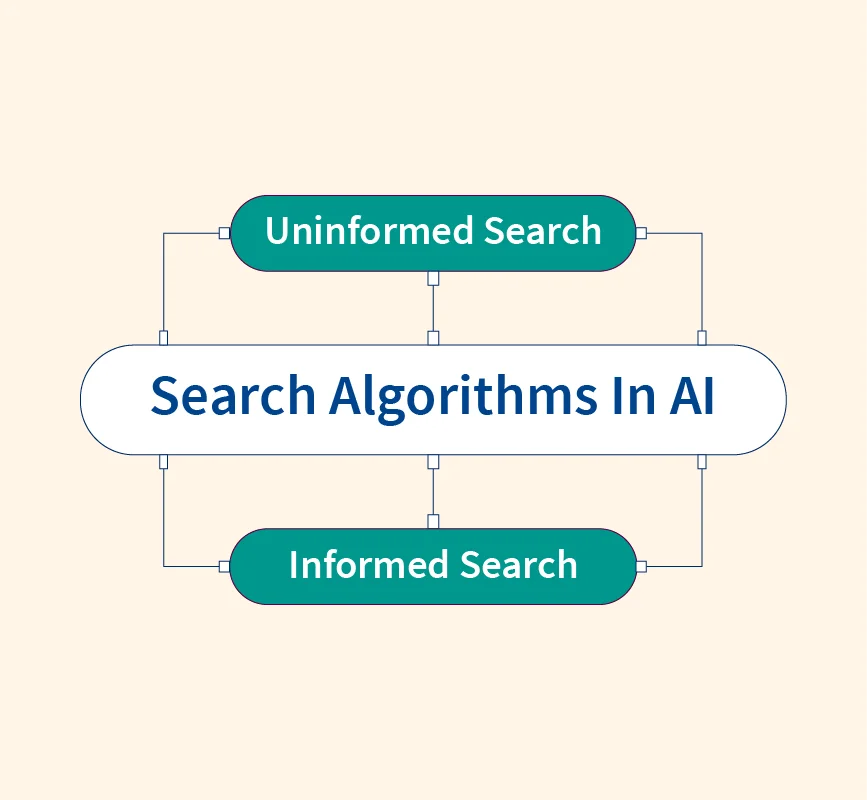In today’s rapidly evolving tech landscape, both Data Science and Artificial Intelligence (AI) are driving major transformations across industries. These two fields have become essential for enabling companies to make data-driven decisions, automate processes, and create intelligent systems. However, despite their growing importance, many people still struggle to differentiate between the two. Understanding the distinctions and similarities between data science and AI is crucial for businesses leveraging these technologies, as well as for individuals choosing a career path. This article explores their definitions, methods, applications, and how they complement each other in today’s data-driven world.
Source: LinkedIn
What is Data Science?
Data Science is a multidisciplinary field focused on extracting insights from vast datasets. It combines various techniques from statistics, mathematics, programming, and machine learning to analyze and interpret complex data. Data scientists aim to uncover patterns, trends, and relationships within data, helping organizations make informed decisions and optimize operations.
The key components of data science include:
- Data Analysis: Identifying trends, correlations, and insights within datasets.
- Statistics: Employing statistical methods to test hypotheses and validate results.
- Machine Learning: Using algorithms to develop predictive models that can make accurate forecasts.
Data science is widely used in business analytics, marketing, healthcare, and finance, where organizations rely on it to solve problems, predict outcomes, and make strategic decisions. Data scientists often work with structured and unstructured data, using tools like Python, R, and SQL for analysis. They also employ data visualization techniques to present their findings in a clear and actionable way.
In summary, data science is about turning raw data into valuable insights that drive decision-making, improve processes, and deliver measurable business outcomes.
What is Artificial Intelligence?
Artificial Intelligence (AI) refers to the development of machines and systems that can mimic human intelligence. AI is designed to perform tasks that typically require human cognition, such as problem-solving, decision-making, and learning. It leverages advanced algorithms to analyze data, recognize patterns, and make predictions or decisions without human intervention.
Key concepts of AI include:
- Machine Learning: AI systems learn from data through algorithms that improve over time.
- Deep Learning: A subset of machine learning that uses neural networks to analyze large datasets and make decisions.
- Neural Networks: Algorithms inspired by the human brain, used for tasks like image recognition, natural language processing, and autonomous decision-making.
AI applications are vast and include autonomous vehicles, robotics, virtual assistants, and more. Unlike traditional systems, which follow a set of predefined rules, AI systems can adapt to new information and continuously learn from their interactions with the environment.
In essence, AI goes beyond data analysis and aims to replicate human cognitive functions. Its goal is to create autonomous systems capable of performing complex tasks without direct human supervision, making it one of the most transformative technologies of the modern era.
Key Similarities between Data Science and Artificial Intelligence
1. Predictive Applications
Both data science and AI are heavily involved in predictive modeling. Data scientists build models to predict outcomes, like customer churn or product demand, while AI systems use machine learning algorithms to forecast and make real-time decisions based on historical data.
In both fields, the focus is on using data to predict future trends or behaviors. For example, in e-commerce, data science models can forecast sales patterns, while AI-based recommendation systems suggest products in real time.
2. Data Requirements
High-quality, large datasets are crucial for both data science and AI. The effectiveness of models in both fields relies heavily on clean, accurate, and well-structured data. Poor data quality leads to incorrect predictions and unreliable insights.
In both cases, large datasets enable models to learn and improve their accuracy. The more data a system is exposed to, the better it can identify patterns and trends, making data management and preprocessing a critical step in both data science and AI workflows.
3. Machine Learning Overlap
Machine learning serves as the core engine behind both data science and AI. In data science, machine learning is used to develop predictive models, perform clustering, or make classifications. In AI, machine learning algorithms are used to enable systems to perform tasks that typically require human intelligence, such as recognizing images or processing natural language.
Although machine learning is common to both fields, the way it’s applied differs. Data scientists primarily focus on building models to gain insights, while AI professionals aim to create intelligent systems that can act autonomously.
Key Differences between Data Science and Artificial Intelligence
| Aspect | Data Science | Artificial Intelligence (AI) |
| Goals | Data science focuses on analyzing data to extract insights and inform decisions. It aims to understand patterns, trends, and relationships within data to drive business and research outcomes. | AI aims to create systems capable of performing tasks that require human-like intelligence, such as problem-solving, decision-making, and learning. Its goal is to develop autonomous systems that can act without human intervention. |
| Scope | Data science covers a broad spectrum, including data processing, statistics, machine learning, and data visualization. It involves all stages of data handling, from collection to generating actionable insights. | AI is more focused on developing algorithms that enable machines to mimic cognitive functions, such as learning, reasoning, and problem-solving. It uses data, but its scope is centered around creating intelligent, autonomous systems. |
| Methods and Techniques | Data science employs statistical analysis, data mining, and machine learning models to understand data. It is often exploratory, using historical data to predict future outcomes. | AI, particularly through machine learning and deep learning, relies on algorithms that enable systems to learn from data and make decisions. AI often focuses on building systems that simulate human-like decision-making processes. |
| Decision-Making vs. Insight Extraction | Data science is about gaining insights from data to inform decisions. Data scientists identify patterns, trends, and correlations that can guide strategic business decisions. | AI goes a step further by creating systems capable of making decisions autonomously. For example, AI can drive autonomous vehicles or make real-time personalized product recommendations. |
| Data Dependency | Data science relies on vast amounts of clean, structured data for analysis. The quality of data is critical for delivering accurate insights. | AI is more flexible with data types, working with both structured and unstructured data, such as images, videos, and text. AI systems can process diverse data formats using advanced techniques like neural networks. |
| Application Focus | Data science applications often focus on generating reports, dashboards, and visualizations to support decision-making. It is used in industries like finance, healthcare, and marketing. | AI applications focus on automating complex tasks, such as language translation, image recognition, and robotics. AI aims to replicate human intelligence for real-world tasks like autonomous driving or intelligent personal assistants. |
| Autonomy | Data science models provide insights but generally require human interpretation and action based on the results. | AI models can operate autonomously, making real-time decisions without human intervention, like chatbots or virtual assistants. |
Applications of Data Science and Artificial Intelligence
Data Science Applications
- Business Analytics: Data science helps businesses analyze trends, customer behavior, and market patterns, enabling companies to make data-driven decisions. Predictive analytics models forecast sales, optimize marketing strategies, and improve customer experiences.
- Healthcare: Data science is used to analyze patient data, predict disease outcomes, and improve treatment plans. Predictive models in healthcare can identify high-risk patients and prevent adverse events by analyzing medical history, genetic data, and lifestyle factors.
- Finance: In the financial sector, data science plays a critical role in risk assessment, fraud detection, and algorithmic trading. Financial institutions use data science models to predict market trends and manage investment portfolios.
- Marketing: Data science enables marketers to segment customers based on behavior, preferences, and demographics. This helps create targeted campaigns, optimize advertising efforts, and improve conversion rates.
Artificial Intelligence Applications
- Autonomous Vehicles: AI powers self-driving cars by processing real-time data from sensors and cameras to make driving decisions. AI algorithms enable vehicles to navigate, recognize objects, and avoid obstacles without human intervention.
- Robotics: AI is used in robotics to enable machines to perform tasks autonomously, such as manufacturing, healthcare assistance, and even complex surgeries. AI-driven robots can learn from their environment and adapt to new challenges.
- AI in Healthcare: AI applications in healthcare include robotic surgeries, where AI systems assist surgeons in performing precise and minimally invasive procedures. AI also helps in analyzing medical images and diagnosing diseases with high accuracy.
- AI in Customer Service: AI-powered chatbots and virtual assistants provide real-time customer support, answering queries, processing transactions, and improving user experience. These systems use natural language processing (NLP) to understand and respond to user requests.
Career Path: Data Science vs Artificial Intelligence
Data Science Careers
- Roles: Common roles in data science include data scientists, data analysts, and machine learning engineers. These professionals work across industries, helping companies extract actionable insights from data.
- Skills Required: Data scientists need strong skills in statistics, programming (Python, R), data visualization (Tableau, Power BI), and machine learning. They must also have a good understanding of data wrangling and feature engineering.
- Career Progression: Data science careers offer excellent growth opportunities, with paths leading to senior data scientist roles, data science managers, and eventually chief data officers. As data becomes more integral to businesses, the demand for skilled data scientists is set to increase.
AI Careers
- Roles: Careers in AI include AI engineers, robotics engineers, and AI research scientists. These professionals work on building intelligent systems capable of learning, reasoning, and decision-making.
- Skills Required: AI careers require expertise in deep learning, neural networks, programming (Python, TensorFlow), and AI ethics. Understanding advanced AI algorithms and their applications in real-world scenarios is essential.
- Career Progression: AI professionals can progress to lead AI research roles, head AI departments, or transition into executive roles such as AI strategy officers. With AI transforming industries, AI engineers are in high demand globally.
Which Path Should You Choose?
When choosing between a career in data science or AI, consider your interests, long-term goals, and industry preferences. Data Science is ideal for those who enjoy analyzing data, uncovering insights, and making data-driven decisions. It offers a wide range of applications across industries. On the other hand, AI is perfect for those fascinated by building intelligent systems, automating processes, and developing technologies that mimic human intelligence. Both fields offer exciting and rewarding career paths, so your choice should align with your passion for either data-driven insights or autonomous systems.
Conclusion
In conclusion, data science and artificial intelligence are complementary yet distinct fields. While data science focuses on extracting insights from data to inform decisions, AI aims to develop systems that can act autonomously and perform human-like tasks. Both fields offer immense opportunities for innovation and growth across industries. Whether you’re drawn to solving complex data problems or building intelligent systems, both career paths are rewarding and offer significant potential. As these fields continue to evolve, the synergy between data science and AI will further drive technological advancements in the years to come.
References:


